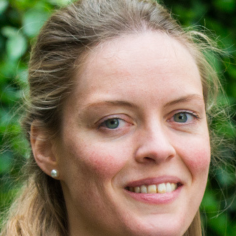 \
&
Contact us
\
&
Contact us
 \
&
Contact us
\
&
Contact us
Marie Sklodowska-Curie Fellowships are European research grants available to researchers regardless of their nationality or field of research. In addition to generous research funding scientists have the possibility to gain experience abroad and in the private sector, and to complete their training with competences or disciplines useful for their careers.
The Marie Sklodowska-Curie programme aims to foster innovation, research-business cooperation and also includes a strong international component based on the principle of mobility.
The MSCA provides funding for all stages of research careers, being doctoral candidates or highly experienced researchers and by ensuring good working conditions and work/life balance for the researchers.
The programme is open to all fields of research and innovation, from fundamental research to market take-up and innovation services. Furthermore, it also encourages mobility between the different sectors (universities, research centres, and companies), disciplines and countries.
There are five types of Marie Sklodowska-Curie Actions:

margot.beereboom@fwo.be
+32 2 550 15 76
Infosheets contain edited content on aspects related to this programme. They are reviewed at least yearly.
Related links are easy pointers towards external information. We curate the list, but are not liable for the destinations.
Documents contain additional information related to this programme, and are similar to related links.

ChemStream is an innovative chemical R&D company, specialized in translating material problems in sustainable formulations with focus on nano-dispersions, functional coatings and inkjet inks. Within LORCENIS they will develop super absorbing polymers (SAPs) to be mixed within the concrete matrices for improving the active internal curing, self-healing and self-sealing properties of the concrete. Grindig SAPs.
ChemStream bvba and Ghent University are involved in Horizon 2020-project for developing long lasting reinforced concrete for energy infrastructures.